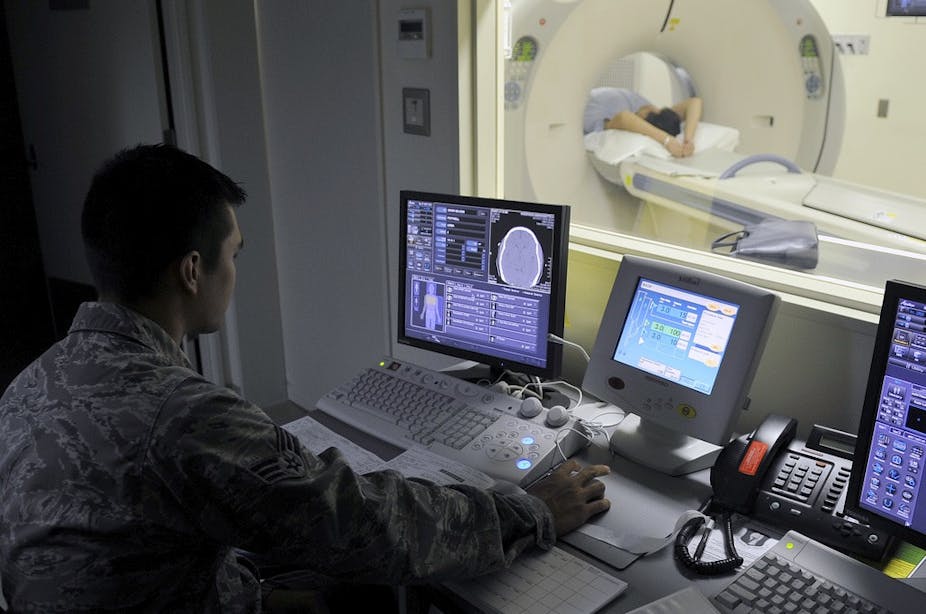The four-hour strikes by NHS workers over ministers’ failure to adhere to a recommended 1% increase in salary is set against the broader issue of NHS reform and the recent Five Year Forward View that set out “why change is needed, what success might look like, and how we might get there”.
Such protests quickly gain attention, which enables us to discuss the broader issue of NHS reform. But what is lost among these discussions is what we ought to expect in terms of individual care.
Excessive focus on disease
With such broad-based discussions, it is easy to lose sight of two crucial factors that have been the subject of recent thought-provoking discussion. In a recent blog post, oncologist Ranjana Srivastava argued that healthcare professionals should focus on treating patients and restoring them to health in a more holistic manner, rather than excessively focusing on and isolating the particular disease to be combated.
Srivastava in turn had analysed an article on the findings of a unique and comprehensive older population study in the US. This article argued that the findings showed the “a disease-centric mindset towards health often fails to improve patients’ lives”. Instead, factors such as social networks, amount of exercise and higher-quality sexual relationships are key indicators to a person’s well-being. Though “provocative”, Srivastava was in ready agreement with the blog’s principal claim. She said:
With all the attention focused on cancer and its manifold complications, patients are exasperated by the inattention to their other health problems, often more concerning and relevant to quality of life.
Cancer trumps all
So why do we tend to focus on the disease and not the individual? This is an extension of the problem outlined in the blog of “our rush to prioritise cancer over all other diseases”. This question is just as important as conceptualising new models of health.
One answer is that the environment, the space in which the professional-patient relationship takes place, has become so technologically advanced that patients are no longer viewed as individuals. Doctors and other professionals are armed with a thorough medical and scientific knowledge of tests for diagnosing different types of cancer, treatment courses and mortality rates.
This level of knowledge and expertise is reassuring – but it changes the entire nature of the professional-patient relationship. While healthcare professionals can give us evidence-based answers to questions about what is wrong – and patients increasingly turn to the internet and other sources to learn more and take control – this can lead to viewing the eradication of the disease as the primary, good-in-itself goal, as divorced from the good-in-itself goal of restoring the patient, a person with inherent self-worth, back to health in a broader sense.
Technological paternalism
This separation can begin to look like a new technological paternalism. The professional-patient relationship is once again unilateral in nature, with the patient taking a passive role in the restoration of their health.
Of course, the advances science now offers should not be neglected. Brian Leiter, a prominent legal philosopher, points out that science has “delivered the goods”. But in the quest of those working in health to capitalise on scientific advantages, to harness this space and knowledge, patients might become the real casualty of a reductive analysis that separates out and simplifies the concept of a person’s health, from that very person themselves. And that is something we ought to mitigate against.

